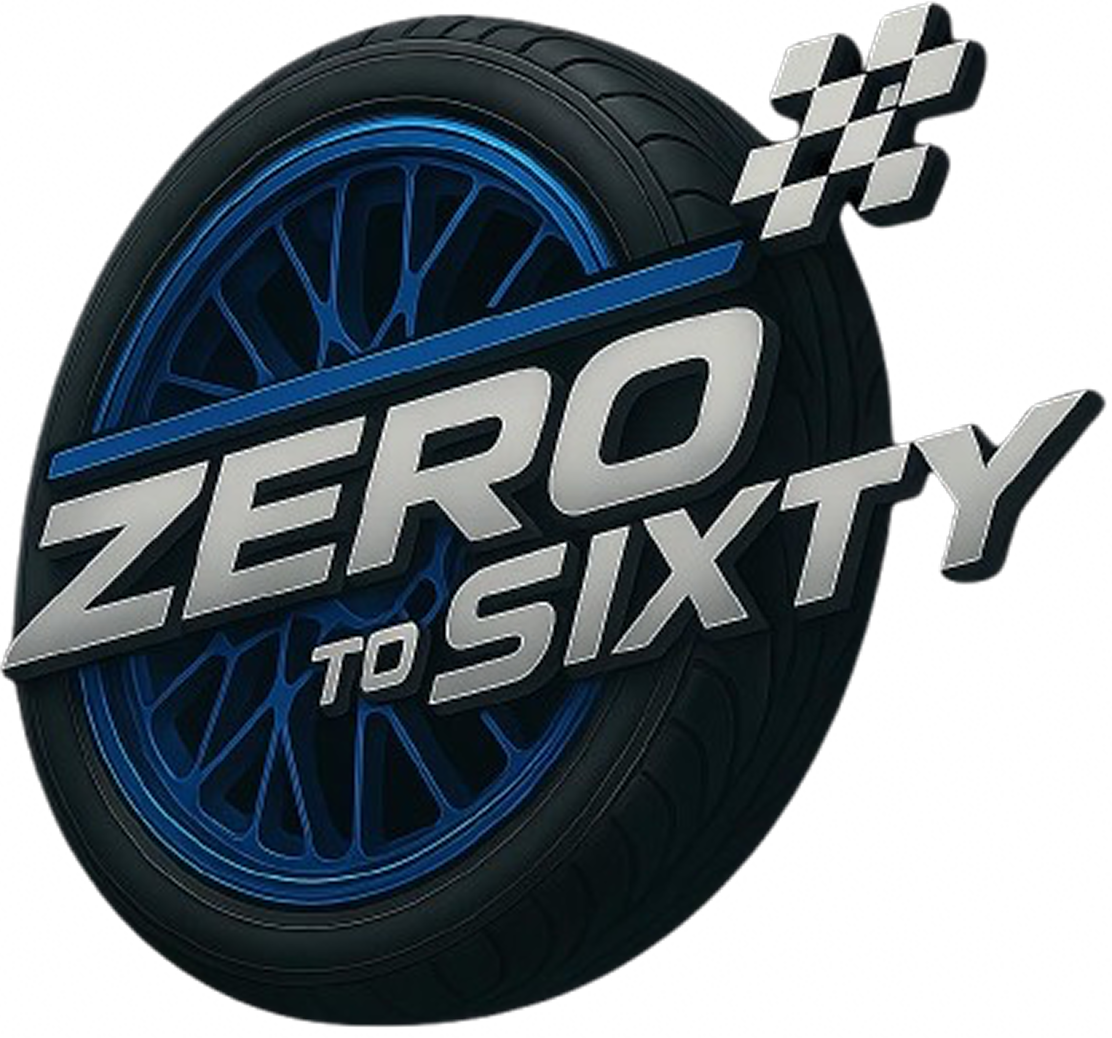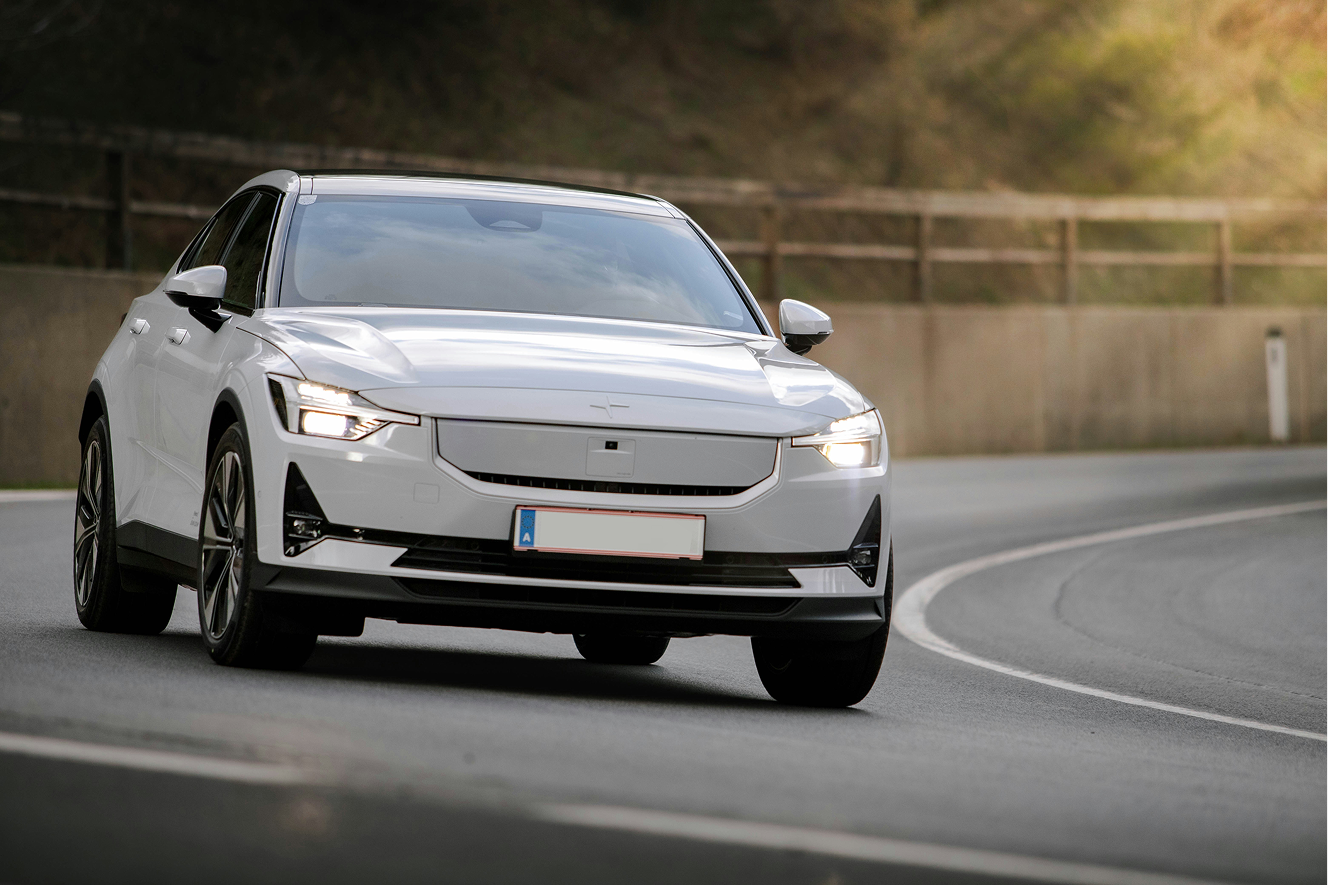Electric cars — or EVs — have taken over roads in the U.S., Europe, and even parts of Asia. From Teslas to BYDs, the future is quietly humming along on battery power.
But here in Nigeria, where NEPA still plays hide-and-seek, fuel scarcity pops up like a recurring villain, and “zero traffic” is a fantasy — the big question is:
Are Nigerians truly ready for electric cars?
Let’s look at what’s happening and where we really stand.
1. EVs Are Already Here — Quietly
Believe it or not, electric vehicles are already driving on Nigerian roads. From imported Teslas in Lekki to hybrid Toyotas in Abuja, EVs aren’t just something we see on YouTube anymore.
In 2021, Jet Motors — a Nigerian automaker — launched the Jet EV, an electric van aimed at local transport and logistics. That was a major move.
Brands like Hyundai and Max.ng have also explored electric mobility in the Nigerian space, especially for delivery services.
So while adoption is low, the seeds are planted.
2. The NEPA Problem is Real
Let’s not lie to ourselves — Nigeria’s power supply is the biggest roadblock to full EV adoption.
How do you charge your car overnight when there’s no light for two days? How do you take a road trip from Lagos to Enugu when there’s no fast-charging station in-between?
Without a reliable national grid or an aggressive rollout of charging stations, EVs will remain for the privileged few who can afford solar setups or dedicated power lines.
3. The Fuel Dilemma Might Be a Blessing in Disguise
The never-ending fuel price hikes and subsidy removals might actually push more Nigerians to consider electric options.
Think about it — no more queuing at filling stations during scarcity. No more late-night fuel hunts.
If EV prices drop and alternatives like battery swapping or solar-powered charging hubs emerge, electric might become the more affordable long-term option.
4. EVs Are Cheaper to Maintain
Here’s the part most people don’t realize — electric vehicles have fewer moving parts than petrol or diesel engines.
No oil changes, fewer mechanical faults, no exhaust issues. Maintenance is simpler and often cheaper.
In a country where some mechanics “change what’s not broken,” that’s a major relief.
5. Government Policy Is the Missing Link
Countries like Kenya, South Africa, and Rwanda are pushing strong EV policies. Nigeria? We’re still crawling.
While some incentives have been announced (like duty waivers on EV imports), there’s no national infrastructure plan, no public education, and no real support for EV startups.
Until policy catches up with innovation, progress will be slow.
6. So, What’s the Way Forward?
- Private solar-powered charging stations
- Increased investment in EV assembly and distribution
- Government partnerships with tech & energy startups
- Education for mechanics and drivers
- EV leasing models for affordability
Final Gist
Electric cars in Nigeria are no longer fiction — but we’re not quite ready either. The future is charging slowly, and with the right mix of innovation, policy, and awareness, we might just be ready sooner than we think.
Until then, you might still hear:
“Abeg, make sure say e fit climb pothole before you buy am.”
And that’s fair.



0 Comments